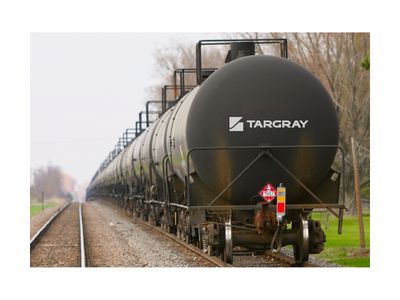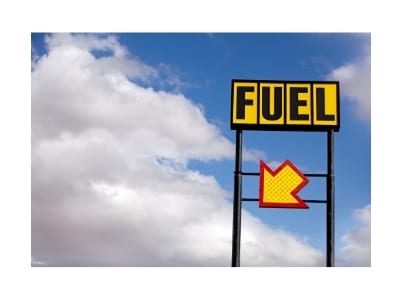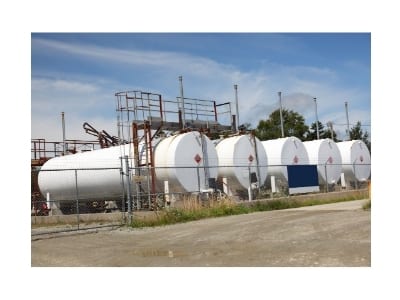Biofuel Solutions for LCFS Program Participants
Targray is a leading supplier of low-carbon fuels and credits for the California Low Carbon Fuel Standard (LCFS). Our low-emissions additized B99 biodiesel is suitable for customers seeking to create new efficiencies while meeting their compliance requirements.
The Low Carbon Fuel Standard promotes and enforces the use of fuels with lower carbon intensities. Certain varieties of biodiesel show significant carbon savings compared to standard diesel fuel. As a result, they can generate important tax credits for blenders. The feedstock used to make biodiesel affects the Carbon Intensity (CI) rating of the biodiesel. Indeed, some feedstocks yield a much smaller number of carbon credits than others. The resulting credits are sold per metric ton of carbon saved or avoided. The price per ton fluctuates daily and is reported by industry sources like OPIS and Argus.
Low Carbon Fuel Standard CI Chart
| Pathway Description | Carbon Intensity Values (gCO2e/MJ)* |
| Conversion of Midwest soybeans to biodiesel (fatty acid methyl esters – FAME) | 51.83 |
| Conversion of waste oils (Used Cooking Oil) to biodiesel (fatty acid methyl esters – FAME) where “cooking” is required. Fuel produced in the Midwest | 19.87 |
| Conversion of North American Canola to biodiesel (fatty acid methyl esters – FAME) | 50.23 |
| Conversion of Midwest corn oil to biodiesel | 28.68 |
| Conversion of mixed tallow to biodiesel (FAME process); feedstock originates in and production occurs in the United States; cooking required | 32.83 |
*The CI scores shown in this table are being used for indicative purposes only.
| Pathway Identifier | Pathway Description | Carbon Intensity Values (gCO2e/MJ) |
|---|---|---|
| BIOD001 | Conversion of Midwest soybeans to biodiesel (fatty acid methyl esters – FAME) | 83.25 |
| BIOD002 | Conversion of waste oils (Used Cooking Oil) to biodiesel (fatty acid methyl esters – FAME) where “cooking” is required | 15.84 |
| BIOD003 | Conversion of waste oils (Used Cooking Oil) to biodiesel (fatty acid methyl esters – FAME) where “cooking” is not required | 11.76 |
| BIOD004 | Conversion of waste oils (Used Cooking Oil) to biodiesel (fatty acid methyl esters – FAME) where “cooking” is required. Fuel produced in the Midwest | 18.72 |
| BIOD005 | Conversion of waste oils (Used Cooking Oil) to biodiesel (fatty acid methyl esters – FAME) where “cooking” is not required. Fuel produced in the Midwest | 13.83 |
| BIOD006 | Conversion of North American Canola to biodiesel (fatty acid methyl esters – FAME) | 62.99 |
| BIOD007 | Conversion of corn oil, extracted from distillers grains prior to the drying process, to biodiesel | 4.00 |
| BIOD008 | Conversion of mixed tallow to biodiesel (FAME process); feedstock originates in and production occurs in the United States; cooking required | 40.18 |





